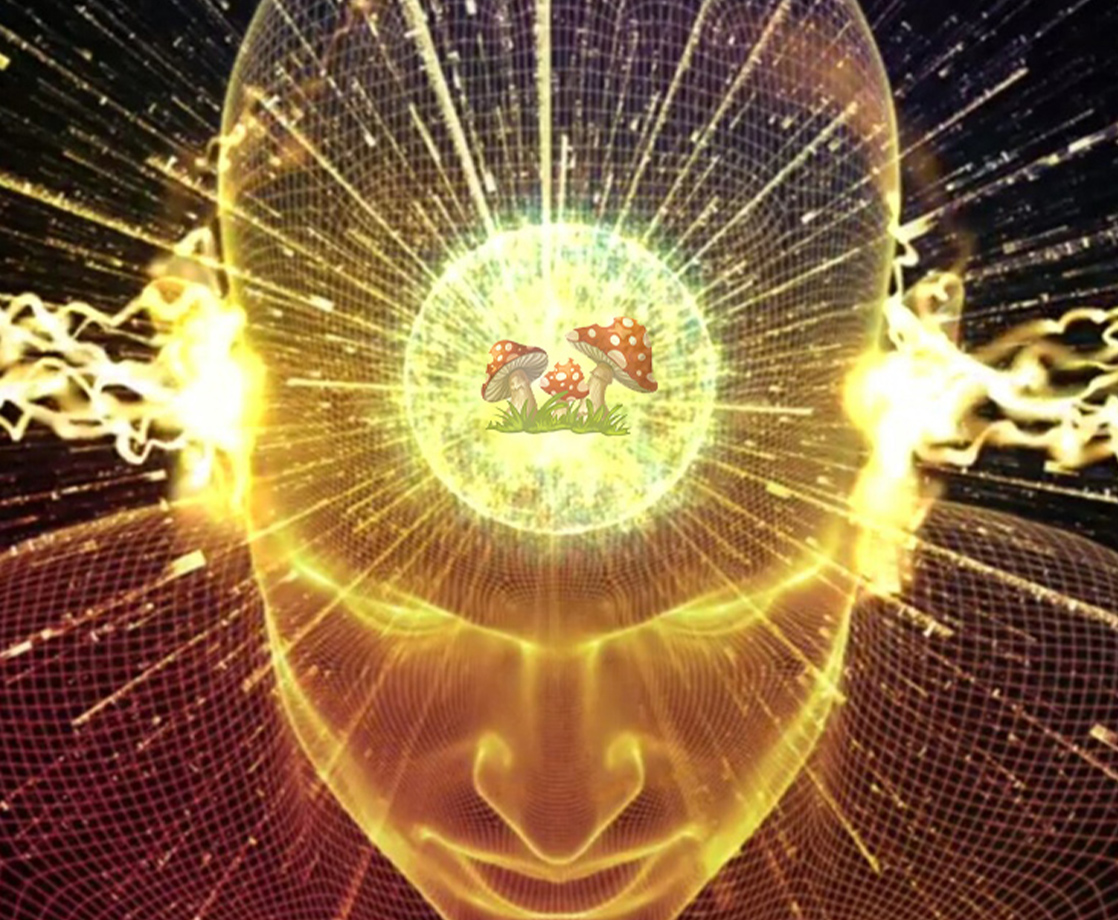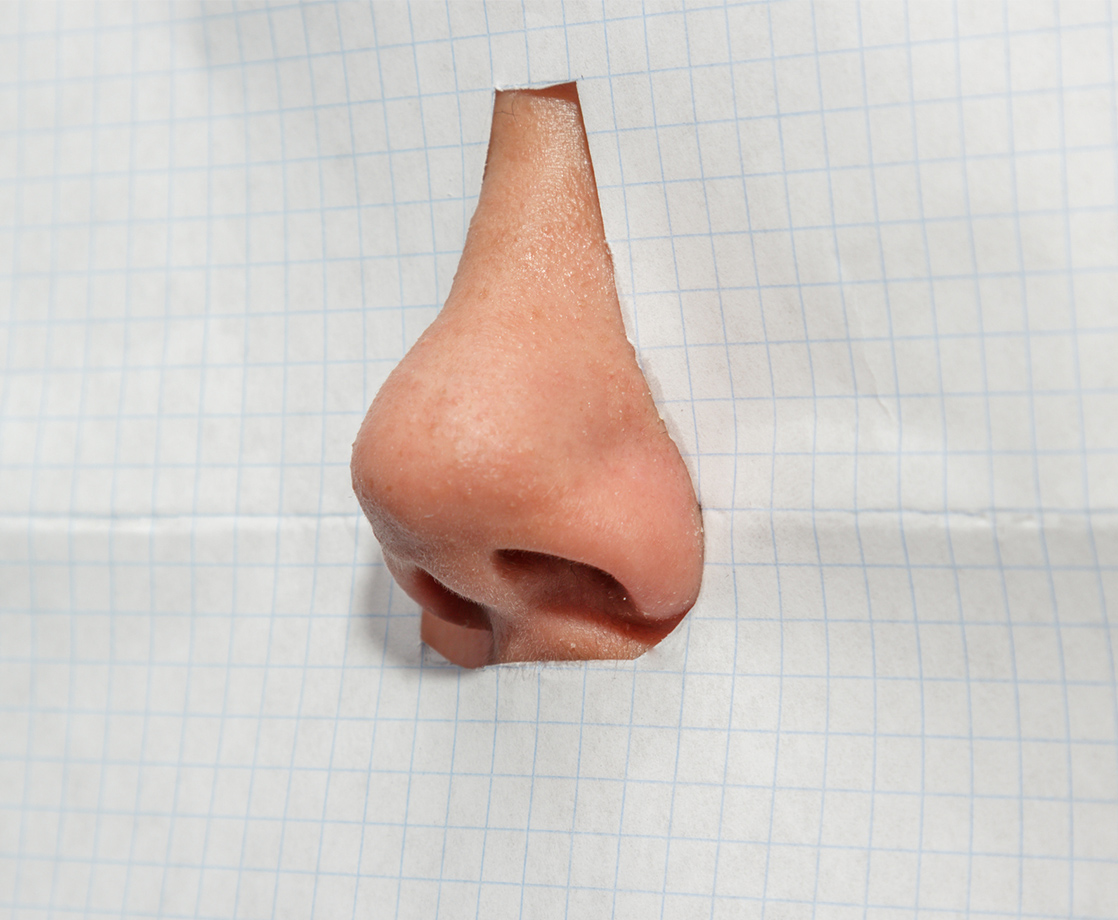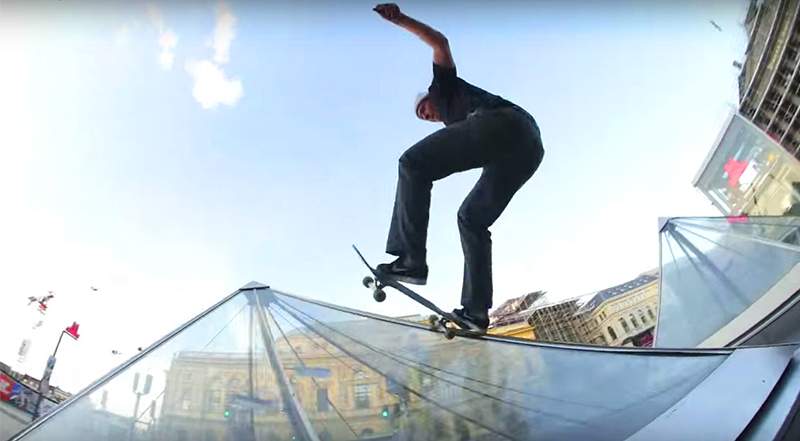A group of doctors recently proposed using psilocybin from “magic mushrooms” to awaken certain patients from comas. However, doing so not only raises several complicated legal questions, but a host of medical ethics concerns, as well.
One paper published earlier this month in the journal Neuroscience of Consciousness delves purely into the ethical implications of dosing specific comatose patients on psilocybin while they sleep. The questions, posed by Andrew Peterson, a philosopher and neuroethicist, and neuroscientists Enzo Tagliazucchi and Charles Weijer, come to some resolutions, but don’t address every issue.
Technically, the coma patients being considered for psilocybin are not truly comatose, but suffer from types of disorders of consciousness (DoCs) that fall under either vegetative states (VS) or minimal states of consciousness (MCS). Some VS and MCS patients, unlike those who are completely comatose, may sometimes open their eyes as if awake, and brain scans may show “complex activity” when other people speak to them, even if the patient does not outwardly respond.
Yet, are psychedelics unique when it comes to medical ethics conundrums? “Not necessarily,” Peterson said to VICE this month. “Psychedelics are just one kind of new drug that could (or could not) be effective for this clinical purpose.” He also highlighted that doctors often employ other invasive procedures, like brain surgeries, on comatose patients without the patients’ prior consent.
According to the latest paper, the Peterson, et al.’s questions were inspired by another proposed study from April published in the same journal. The April study assessed whether psychedelics such as psilocybin or LSD could pull DoC patients out of their quasi-comatose states, since there’s strong evidence that psychedelics can kickstart the brain and trigger “brain complexity,” a sign that the brain is completely conscious and aware of itself and its situation. But no one has actually administered “magic mushrooms” to DoC patients for good reason: We don’t know what will happen if doctors dose them on psychedelics.
“The simple way of framing it is that disorders of consciousness have low complexity, and these drugs seem to increase complexity,” Dr. Gregory Scott, a neurologist, brain imaging specialist, and the lead author of the April paper, told VICE. “Let’s see what these drugs do in disorders of consciousness. Can they increase complexity and accordingly increase consciousness levels?”
Gallery — Smoke Weed, Eat Shrooms, and Shine:
While psilocybin holds a lot of promise for these patients who’ve run out of options, there are important questions to consider, the same questions asked by Peterson, Tagliazucchi, and Weijer.
First, coma patients cannot consent to medical intervention. Psilocybin isn’t just any ol’ drug; it’s known for producing incredibly powerful hallucinations and spiritual insights. What happens if the patient has a bad reaction to the drug or undergoes what’s traditionally described as a “bad trip”? It’s not as if they can tell doctors what’s going on, or if they’re being harmed by the treatment in some way.
Second, medically induced self-awareness for coma patients may be a bad thing, as well. As far as most doctors know, coma patients aren’t aware of their conditions; they’re essentially sleeping, and, in many cases, dreaming while they’re in a coma. But if psilocybin can bring a new, fresh awareness to the them, it could create panic as they realize they’re trapped in a coma, which could severely compromise their treatment.
Thirdly, many DoC patients are dealing with traumatic brain injuries, too. That’s how they ended up in the hospital in the first place. There’s a slim chance that psilocybin could affect injured brains much differently than healthy ones. Furthermore, many next of kin may not understand the significance of the treatment, or may harbor unfounded fears about psilocybin. Those fears may dissuade families from agreeing to dose their loved one on psilocybin, if they have the authority to approve such treatments.
The easiest way around some of these issues is to obtain consent from the patient before they become comatose. But you can already see the problem there: It’s not as if most people expect to slip into a coma, so how can they sign up for an experimental and risky procedure beforehand?
Gallery — Bitchin’ Blotter Paper:
The legality of psilocybin, which is currently classified as a Schedule I drug in the US — the most restrictive drug category that includes heroin and marijuana — also complicates matters. Besides being illegal, medical researchers can’t even touch Schedule I drugs, much less dispense them to patients without strict federal oversight, and many hospitals are wary of their staff administering approved Schedule I drugs, too. The FDA has designated psilocybin as an experimental drug that certified research doctors may dispense to certain patients, but only for clinical depression or terminal illness. Psilocybin has not yet been approved by the feds for snapping people out of comas.
Once again, federal laws and draconian prohibitionist policies are getting in the way of medical progress. Even if psilocybin does not effectively treat comatose patients, doctors should be able to research psychedelic treatments in a more streamlined and permissive manner. The War on Drugs is already responsible for killing hundreds of thousands of people, if not millions indirectly, every year. How many more do we need to lose before the feds and their cronies at the state levels wake up themselves?
Follow Randy Robinson on Twitter











